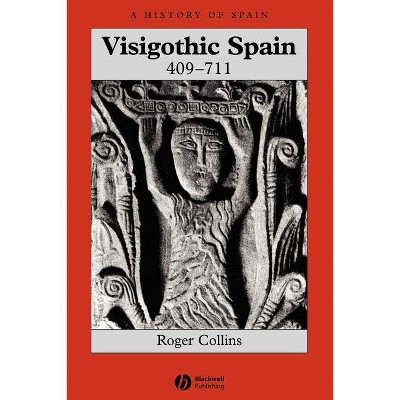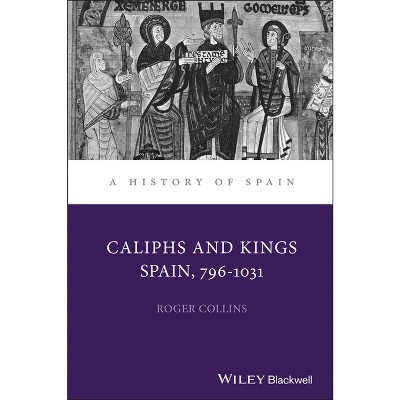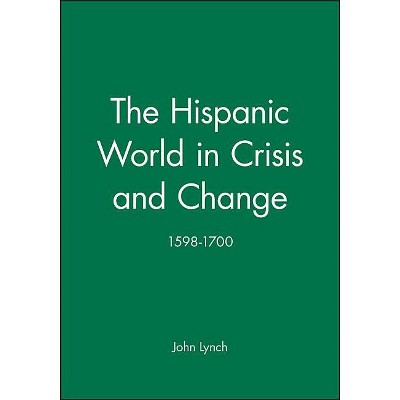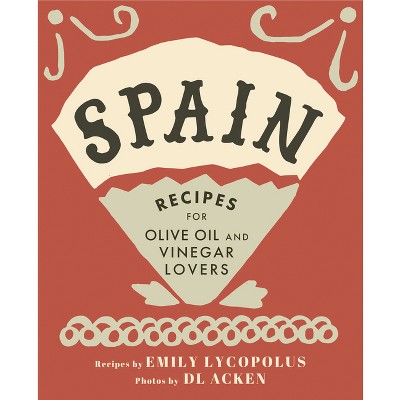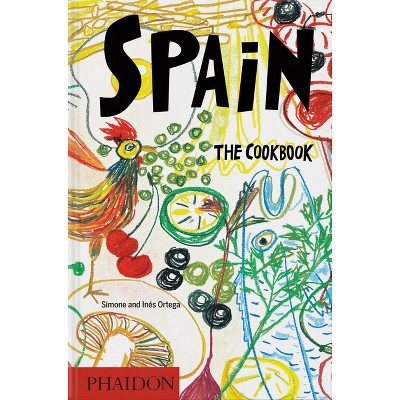About this item
Highlights
- This comprehensive survey of Spain's history looks at the major political, social, and economic changes that took place from the end of the Civil War to the beginning of the twenty-first century.
- About the Author: Javier Tusell was Professor of Contemporary History at the National University of Distance Learning (UNED).
- 512 Pages
- History, Modern
- Series Name: History of Spain
Description
Book Synopsis
This comprehensive survey of Spain's history looks at the major political, social, and economic changes that took place from the end of the Civil War to the beginning of the twenty-first century.- A thorough introduction to post-Civil War Spain, from its development under Franco and subsequent transition to democracy up to the present day
- Tusell was a celebrated public figure and historian. During his lifetime he negotiated the return to Spain of Picasso's Guernica, was elected UCD councillor for Madrid, and became a respected media commentator before his untimely death in 2005
- Includes a biography and political assessment of Francisco Franco
- Covers a number of pertinent topics, including fascism, isolationism, political opposition, economic development, decolonization, terrorism, foreign policy, and democracy
- Provides a context for understanding the continuing tensions between democracy and terrorism, including the effects of the 2004 Madrid Bombings
From the Back Cover
The end of the Spanish Civil War marked a critical fracture in the modernization of Spain. When the last Republicans surrendered in early 1939, General Franco assumed dictatorial control. This book charts Spain's development under Franco and its subsequent transition to democracy up to the present day. Completed by Javier Tusell just weeks before his untimely death, it is the final work by Spain's most distinguished contemporary historian.Spain: From Dictatorship to Democracy provides full coverage of the country's political, social, and economic transformation. It also traces developments in popular culture and the arts. Beginning with an introductory overview of Franco and Francoism, the book is organized chronologically, detailing each period's most significant developments. Javier Tusell addresses such issues as Spain's relations with the protectorate of Morocco, fascism and isolationism, the reaffirmation of regional identity and the rise of the popular media. He also provides a context for understanding the continuing tensions between democracy and terrorism, including the effects of the 2004 Madrid Bombings.
A thorough introduction to post-Civil War Spain, this book is essential reading for all those interested in Franco and the legacy of his repressive regime.
About the Author
Javier Tusell was Professor of Contemporary History at the National University of Distance Learning (UNED). Best known as a historian of contemporary Spain, he published more than 50 books on the subject in his lifetime. During an early foray into politics, he negotiated the return to Spain of Picasso's anti-war masterpiece, Guernica, and was elected UCD councillor for Madrid in 1979. Latterly he became a respected media commentator on Spanish history and especially the Franco dictatorship.Translator
Rosemary Clark, college lecturer at Downing College, is an affiliated lecturer in Spanish at the University of Cambridge specializing in Modern Peninsular Spanish literature, history, and culture. Particular interests are post-colonialism, Spain and Africa, religious issues, and regionalism.








